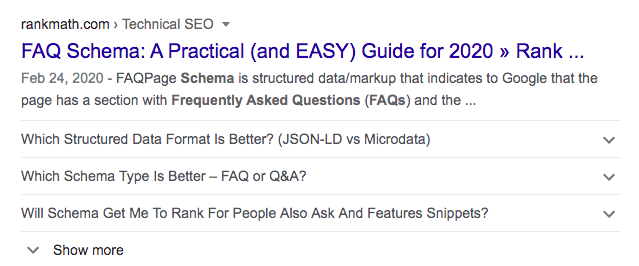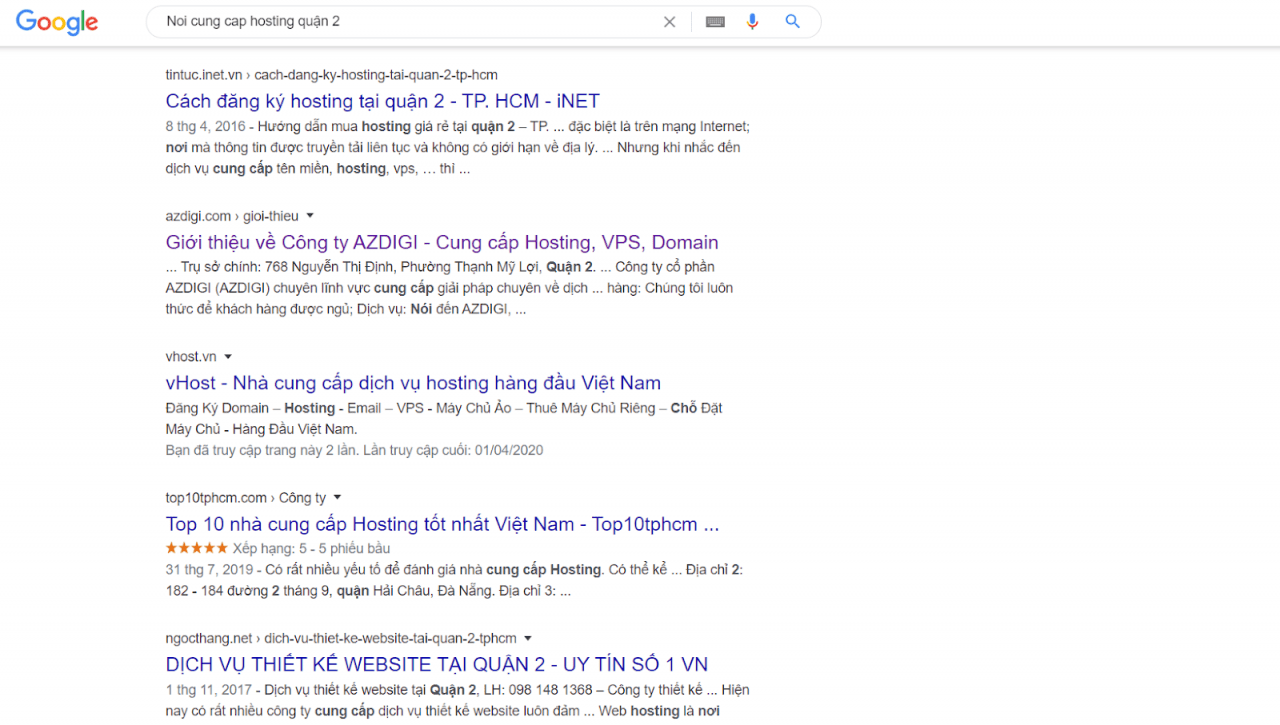Nội dung
When it comes to optimizing SEO for a website, there are various tasks involved, including keyword research, competitor analysis, on-page SEO, off-page SEO, and sometimes even local SEO. However, sometimes we may not have the time or know where to start to improve SEO for our website.
In this article, AZDIGI will share eight simple tasks you can do right now to optimize SEO on your website.
1. Regularly publish articles on your website
Google won’t recognize who you are if you only publish an article once a month, and even if the article is great, there’s no guarantee that they will remember to suggest your content. Typically, there are thousands to millions of articles available on a given topic.
Therefore, what you need to do is plan the number of articles you publish, ideally posting 2 to 4 articles per week. This will help generate potential customers and achieve the highest conversion rates.
Why? Increasing the quantity and frequency of content posting will expand the keyword scope of your website, target and provide more answers to the questions users are searching for.
Note: While you may increase your posting frequency, the content should still meet your goals and content strategy. This will help you focus more on your target customers without compromising the quality of your articles.
2. Identify primary keywords and related keywords
Typically, for SEO, you need to sit down and research and identify relevant keywords to optimize quickly and effectively, as well as have a strategy for creating appropriate content.
However, the rankings and positions of keywords will constantly change because there are many competing competitors, and it’s extremely challenging to achieve those rankings. That’s also why you shouldn’t jumble too many keywords together. You need to determine based on the following:
- Prioritize SEO for keywords with fewer competitors and easy SEO—these are short keywords, quick wins.
- Identify long-term keywords or sustainable keywords, which are the core and long-term keywords that your business needs and support your products well.
- In addition to long-term keywords, you need to build linking keywords or related keywords to generate backlinks or direct readers to the targeted keywords you want to SEO.
Example: AZDIGI wants to SEO the keyword “Best Hosting in Vietnam” – This is a long-term and sustainable keyword. The writer can create numerous related keywords and different content topics, but they should not deviate from the goal of optimizing the keyword “Best Hosting in Vietnam.”
This method will encourage readers to click on the linked links, increasing website traffic for the SEO you want.
Regarding content: Once you have identified sustainable keywords and related keywords, build relevant content topics, and the articles will need to be internally linked to create content depth.
Similar to keywords, the writer needs to explore related content on that topic to increase the number of articles and capture the attention of customers accessing related content. This is an excellent way to build trust with readers and also gain higher evaluations from Google.
3. Optimize for featured snippets
If you didn’t know, Google has recently implemented a feature called content highlight or featured snippets on all devices and websites worldwide to help users quickly find the content they need. Google will use its algorithm to suggest content that users are searching for, and naturally, it will achieve the desired position that SEO experts want.
You can refer to some articles from Google to help optimize the featured snippets effectively!
4. Build suggested questions (FAQ)
FAQ (Frequently Asked Questions) is a type of suggested question that accompanies content and appears as an image below. Typically, when you or anyone searches for a topic, for example, when you type “What is hosting?”
In addition to the displayed content, you should add some suggested questions and guide the reader, such as:
- Which hosting provider should I use?
- Why do I need to purchase hosting?
- What are the popular types of hosting?
Why should you have these types of questions? Simply because when someone has a need for hosting, they will certainly ask related questions. Instead of clicking and searching again, readers usually choose to click on the pre-suggested questions to quickly grasp the information. And this is also a way to increase the traffic to your articles.

If you are using WordPress, you can use the Rank Math SEO plugin to add an FAQ box to your content.Here, you can add frequently asked questions that you think many people will search for and provide answers below each question.
5. Utilize interactions from high-traffic old articles
This is one of the quick and easy SEO methods that yield extremely high results. You can analyze and create a list of old articles with high traffic, focusing on content and topics that have long-term interest to take advantage of new traffic from the old articles.
You can update the old articles by adding new knowledge and cleverly inserting links or keywords that you currently need to optimize. This helps you maximize the traffic from the old articles—an effortless way to generate interactions, isn’t it?
6. Use customer feedback articles
The purpose of this type of article is not only to increase brand recognition and credibility but also to leverage and reach potential customers from customer websites.
You can negotiate with customers to have a review article or some articles with direct links to your website posted on their website. This is an indirect approach to traffic but highly effective and builds trust with users.
This is also a reputation PR strategy that many businesses are aiming for.
7. Utilize Quora
If you’re not familiar with Quora, it is a community-driven question-and-answer website where users create, answer, and edit the most popular questions and answers. Quora covers all topics and provides the answers you need!
Therefore, Quora can be an ideal place to discover trending and interesting topics for your articles. Note that you should choose topics with high interaction because those are the things readers are looking for.
In terms of using Quora for SEO, apart from helping you find engaging topics, it is also a platform to bring your articles closer to readers and create curious questions and insights for viewers.

Why should you use Quora? It is a platform with a large user base, and the topics discussed here are also prioritized by Google. There is no reason to ignore such an SEO-supportive platform.
8. Associate keywords with a specific location
Typically, these keywords are searched when users need to find a specific location or position related to a product!
For example, Quality hosting in Ho Chi Minh City, a shop selling beautiful clothes in District 2, etc.
These keywords help narrow down the search scope and accurately target the intended audience. As a result, the effectiveness of these keywords is significantly higher than others.

These are the 8 things to do for SEO. What have you done so far? Feel free to share the results with AZDIGI!

